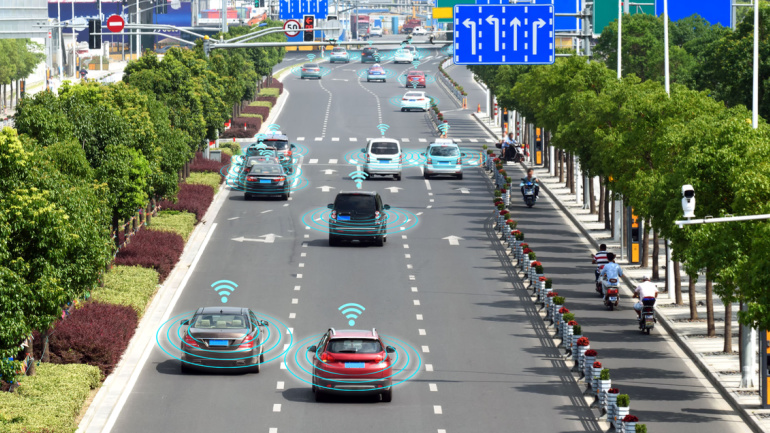Germany’s most prominent telecom operator, Deutsche Telekom, and MIRA are immersing themselves in an intriguing project concerning the ‘shuttle service of the future’ in Bonn. At the crux of their operation is the concept of teleoperation, essentially a fancy term for remote driving. Their endeavor underlines the critical role of 5G technology in exponentially increasing data transmission in real time. This newfound latitude in data flow facilitates the teleoperation testing phase in the vehicle-to-remote-control-station channel.
Their experimentation takes place in Deutsche Telekom headquarters’ testing tracks situated in Bonn. It embodies a dual-purpose pursuit – to delve into the prerequisites for ‘network slicing’ and ‘quality on demand’ against the backdrop of autonomous vehicles and to affirm the positive impact of teleoperation in managing automated shuttle fleets.
However, the release reflects a sense of mild disappointment with the current stipulations on remote-controlled journeys in Germany. These journeys are restricted to private premises or clearly defined test routes as per regulatory norms. Furthermore, it is stated that the inception phase of building a legal framework to enable teleoperation is currently being sketched at both national and European levels.
Despite the legal and regulatory constraints, both Deutsche Telekom and MIRA exhibit an optimistic tone. They believe this trial is a necessary investment of time to propel a larger goal – a future where vehicles dart through public roads without a driver.
MIRA GmbH CEO, Klaus Kappen, voiced his perspective, “We are convinced that teleoperated driving will play an important role in improving the efficiency and sustainability of transport. By working with Deutsche Telekom AG, we can develop innovative solutions for the future’s mobility and test them on public roads today.”
Offering her endorsement, Bonn’s mayor, Katja Dörner, stated, “Bicycle, bus, light rail, and streetcar – Bonn already stands for modern and climate-friendly mobility services. We are pleased to be one of the first cities in Germany to enable tests for an innovative shuttle service: remote-controlled vehicles. Passengers will save time. Shuttle operations will become more efficient. Teleoperation can become a building block of our Bonn mobility turnaround in the future. With strong public transport and safe, attractive services for everyone.”
However, perfecting the technical aspects of autonomous or remote-controlled vehicles is only a part of the journey. There is a jungle of regulatory standards and protocols to negotiate, especially when it involves cross-border navigation. While several trials and groups are diligently working to unlock this potential, it’s a long road ahead before we can sit back, relax and let our cars do the driving.








